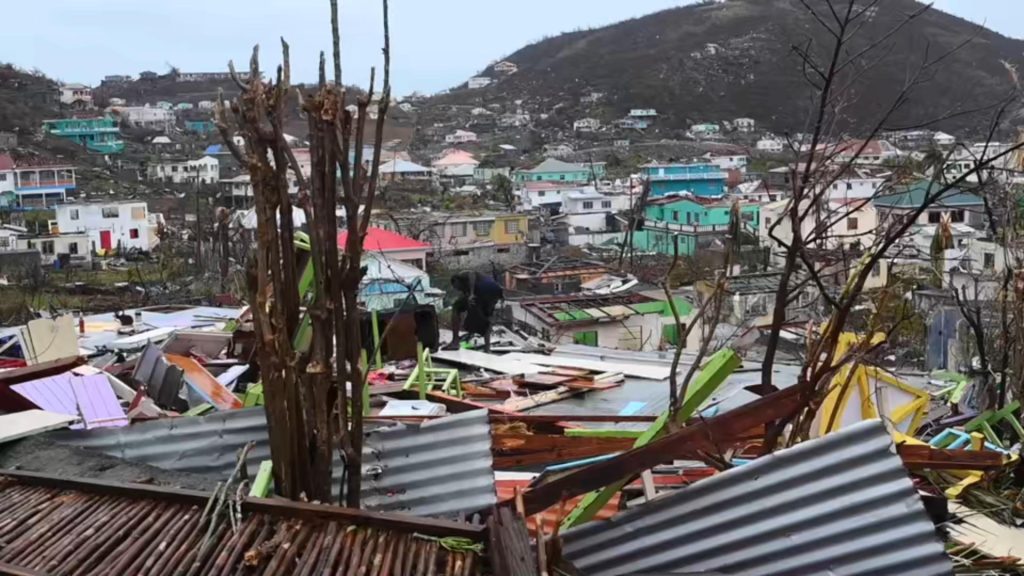In a groundbreaking decision that could reshape international climate action, the International Court of Justice (ICJ) has delivered a powerful ruling that empowers small island nations in their fight against climate change, marking a potentially transformative moment for environmental justice.
The UN’s principal judicial body has unequivocally established that states bear a legal obligation to protect the environment from greenhouse gas emissions, creating a unprecedented framework for climate accountability. This ruling represents more than just a legal opinion—it’s a lifeline for vulnerable nations on the frontlines of climate crisis.
Key Highlights of the Ruling:
- States must act with due diligence to prevent environmental damage
- Legal responsibility can be incurred for breaching climate obligations
- Potential remedies include ceasing harmful conduct and making full reparations
St. Vincent’s Prime Minister Ralph Gonsalves told the Guardian UK the ruling is a “historic legal victory for small states,” emphasizing its significance beyond procedural formalities. “These are substantive legal obligations,” Gonsalves stressed, highlighting the ruling’s potential to transform climate commitments into enforceable legal standards.
The Bahamas’ Attorney General Ryan Pinder echoed this sentiment, praising the decision as opening new avenues for vulnerable nations to challenge climate inaction. “This provides more legal options for states like ours to address the adverse effects of the climate crisis,” Pinder explained.
Countries like St. Vincent are now carefully reviewing the opinion, exploring collaborative strategies to leverage this historic ruling. The decision represents a potential turning point in international climate diplomacy, offering hope to small island states that have long been disproportionately impacted by global climate change.
In September 2021, the Pacific Island State of Vanuatu announced that it would seek an advisory opinion from the Court on climate change. This initiative was inspired by the youth group Pacific Island Students Fighting Climate Change, which underscored the need to act to address climate change, particularly in small island states.
After the country lobbied other UN member states to support this initiative in the General Assembly, on 29 March 2023, it adopted a resolution requesting an advisory opinion from the ICJ on two questions: (1) What are the obligations of states under international law to ensure the protection of the environment? and (2) what are the legal consequences for states under these obligations when they cause harm to the environment?
The UN Charter allows the General Assembly or the Security Council to request the ICJ to provide an advisory opinion. Even though advisory opinions are not binding, they carry significant legal and moral authority and help clarify and develop international law by defining states’ legal obligations.
This is the largest case ever seen by the ICJ, evident by the number of written statements (91) and states that participated in oral proceedings (97).



